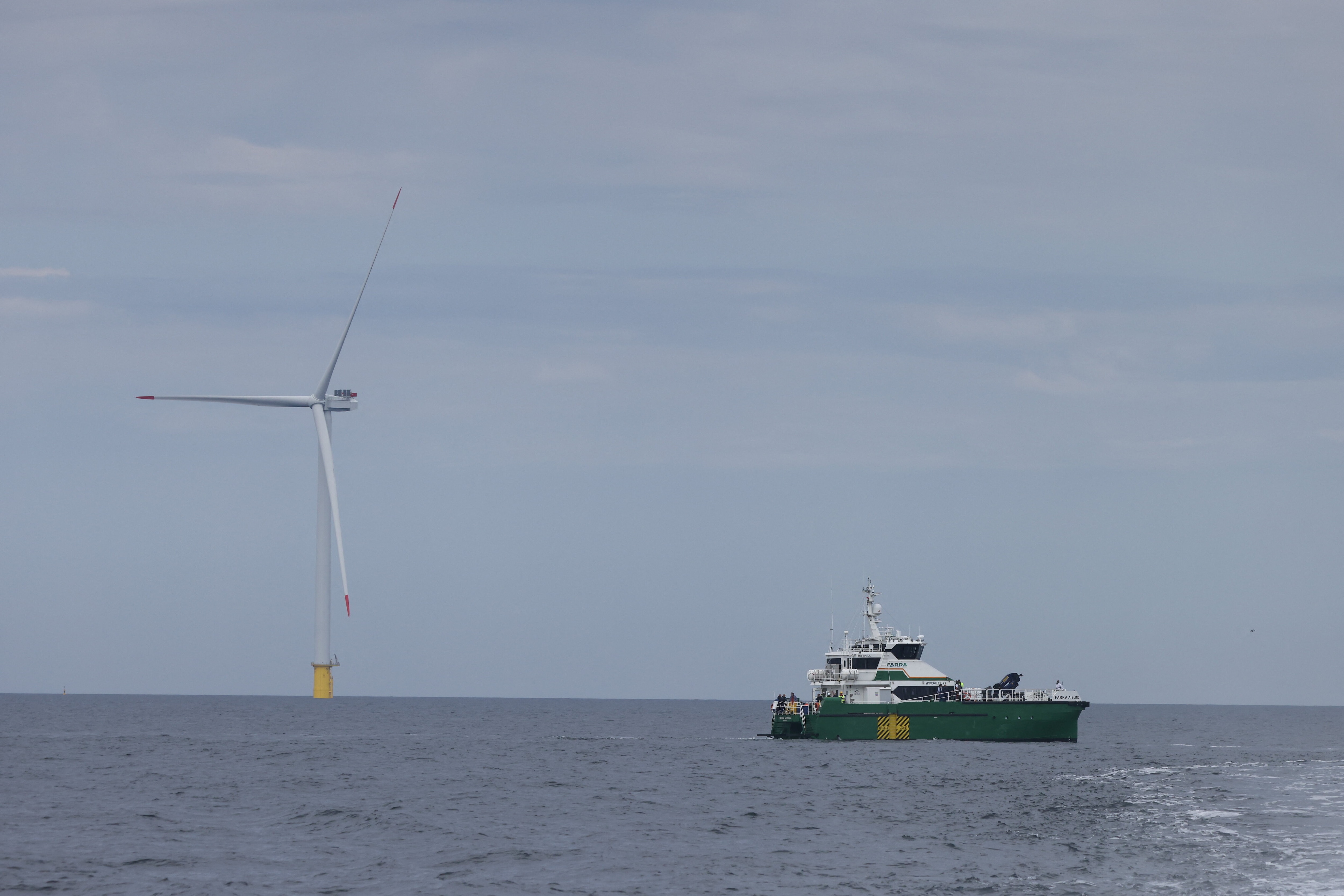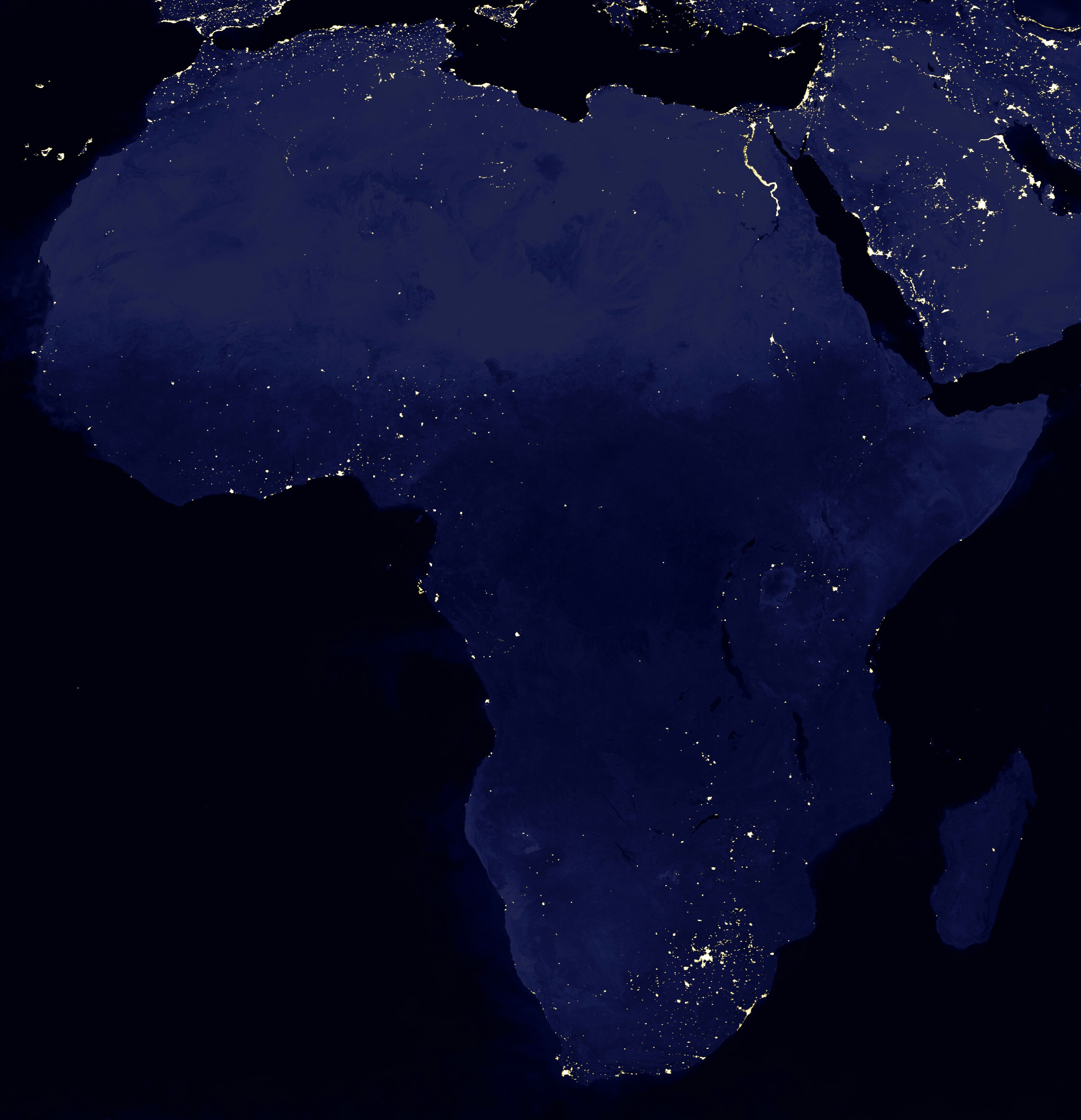The Asian philanthropy renaissance: Forging sustainable development

Economies across Asia are changing rapidly, as challenges and opportunities converge — and philanthropy has a role to play in this moment. Image: REUTERS/Edgar Su
- Economies across Asia are changing rapidly, as challenges and opportunities converge.
- Philanthropy has a key role to play in guiding the region through challenges — and systems thinking can empower it.
- This work is already underway in places like Indonesia.
Asia stands at a pivotal moment in its development journey. Rapid urbanization, economic expansion and demographic shifts are unlocking unprecedented opportunities in the region. Yet, this growth has surfaced significant challenges: environmental degradation, widening health and social inequalities and the urgent need to adapt to global economic changes. These issues are deeply interconnected, creating ripple effects that transcend borders and sectors.
Addressing such multifaceted challenges requires a shift in perspective. Systems thinking offers a powerful framework to navigate this complexity, moving beyond short-term interventions to address root causes and interdependencies underpinning environmental and societal issues. By adopting a systems lens, we can design holistic, sustainable solutions that align with global efforts towards sustainability and resilience.
Philanthropy in Asia is evolving alongside the region’s economies. Philanthropists and other organizations are increasingly recognizing the need to transition from traditional charitable giving to strategic, impact-driven models. This shift is both a response to the region’s challenges and a vital enabler of its sustainable future. By embracing systems-led approaches, philanthropy can catalyse long-term transformation, shaping a more resilient and inclusive Asia for generations to come.
Partnerships: The foundation for systemic transformation
Philanthropy alone cannot achieve this ambitious vision. Cross-sector partnerships are essential for driving systemic change, as no single sector can tackle these interconnected challenges in isolation. Governments, businesses, non-profits and local communities must work together, combining their expertise, resources and networks to amplify impact. Such collaborations foster shared knowledge and innovation while enabling scalable solutions to address Asia’s most pressing issues.
A powerful example of the impact of partnerships is a collaborative initiative in Indonesia, where smallholder palm oil farmers face declining productivity. Many of Indonesia’s palm oil plantations are over 25 years old and urgently need replenishing to boost yields. However, sustainable replanting using quality inputs is costly — around $5,000 per hectare — putting it out of reach for many smallholder farmers. Compounding the challenge, the lack of legal land titles prevents farmers from accessing funding, and high-interest loans (often exceeding 20%) make traditional financing prohibitive. Without affordable financial solutions, many farmers resort to unsustainable practices, including land clearing and encroachment.
Recognizing the urgency and opportunity in this situation, a partnership of philanthropic, public and private sector players joined forces to tackle the problem. Temasek Foundation, a philanthropic organization that catalyses programmes in Asia, is partnering Abler Nordic on a blended finance pilot programme to make sustainable replanting accessible to smallholder farmers. Abler Nordic, a public-private investor committed to advancing financial inclusion in Africa and Asia, is leveraging its Climate Smart Fund to help create deforestation-free value chains and build climate and smallholder farmer resilience in Indonesia. The pilot addresses critical needs including sustainable financing, training, land title legalization, certification and long-term offtake for palm oil fruits, ensuring a sustainable and inclusive solution to Indonesia’s palm oil crisis.
Empowering local communities for greater impact
Systems thinking also highlights leverage points for impactful interventions, particularly by empowering local communities. Strengthening community capacity is pivotal for fostering resilience and enabling transformative, grassroots-led change. Philanthropy, in collaboration with cross-sector partners, can invest in initiatives that prioritise community-led solutions, ensuring that local actors are equipped to drive long-term impact.
The sustainable palm oil replanting programme in Indonesia illustrates this. Beyond financial support, it focuses on empowering smallholder farmers through capacity-building efforts. Farmers are trained in improved farming practices and land management techniques to increase yields sustainably. By equipping them with knowledge to adopt better practices and plant higher-quality oil palm trees, the programme enhances productivity over the long term. Additionally, it formalises land ownership through legal titles, giving farmers the security to make meaningful investments in their land and livelihoods.
The programme also aims to improve farmers' household incomes, potentially doubling their income in the years to come. This significant milestone is achievable through the adoption of more productive and sustainable practices, ensuring both enhanced farming techniques and a direct positive impact on economic well-being.
The role of innovative financing in sustainable growth
While systems thinking identifies root causes and leverage points, innovative financing complements this by offering creative mechanisms to mobilise resources and sustain transformative interventions. Together, they form a dynamic partnership capable of addressing Asia’s complex challenges.
The Indonesia palm oil replanting initiative exemplifies how blended finance can drive systemic change. The pilot programme leverages a mix of philanthropic, private and public resources to de-risk early-stage efforts while generating data to encourage broader industry participation. Temasek Foundation plays a pivotal role in setting aside catalytic capital to guarantee and de-risk loans to smallholder farmers, sharing the credit risk with Abler Nordic. This shared risk model incentivises private-sector involvement by mitigating potential losses.
The programme's design ensures sustainable financing through a structured repayment system. Farmers allocate a portion of their increased income towards repaying loans, while the remainder supports their household needs. This approach strengthens the programme’s financial viability while prioritizing farmers’ well-being. With sufficient financing, the initiative could expand its reach beyond the initial 400 smallholder farmers. Enhanced safeguards reduce perceived risks, paving the way for broader adoption and increased private sector participation in such solutions, sustaining impact across the region.
An Asian philanthropy renaissance
Asia’s future hinges on our ability to address its intertwined challenges with courage, innovation and collaboration. Philanthropy has a critical role to play in catalysing systemic transformation, but its impact is maximized when paired with the collective power of partnerships and innovative financial models. The Indonesian palm oil replanting programme stands as a beacon of possibility, uniting systems thinking, community empowerment and innovative financing to deliver scalable solutions for sustainable development.
The opportunity is clear: to reimagine philanthropy not as isolated acts of generosity, but as a strategic force capable of reshaping systems, empowering communities and unlocking resilient and inclusive growth across Asia.
Don't miss any update on this topic
Create a free account and access your personalized content collection with our latest publications and analyses.
License and Republishing
World Economic Forum articles may be republished in accordance with the Creative Commons Attribution-NonCommercial-NoDerivatives 4.0 International Public License, and in accordance with our Terms of Use.
The views expressed in this article are those of the author alone and not the World Economic Forum.
Stay up to date:
Sustainable Development
Related topics:
Forum Stories newsletter
Bringing you weekly curated insights and analysis on the global issues that matter.
More on Geographies in DepthSee all
Marieke Blom
January 7, 2026






